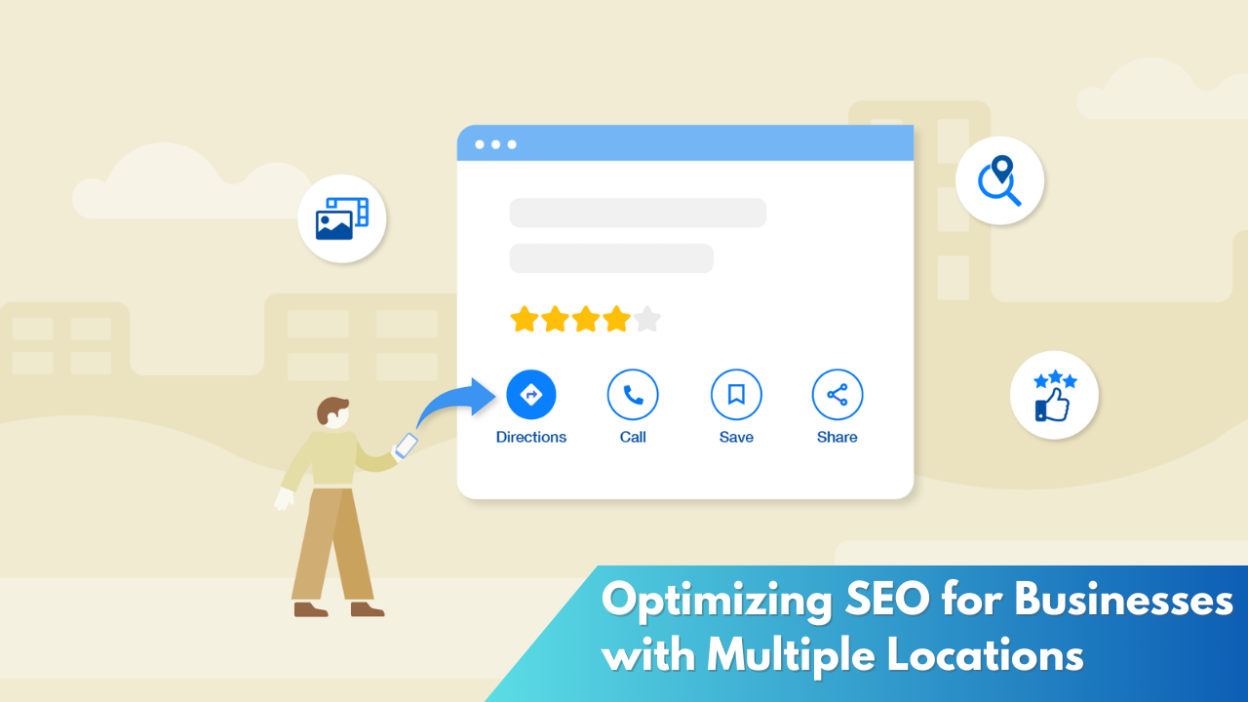As businesses expand to multiple locations, optimizing search engine strategies becomes increasingly complex yet crucial for maintaining a competitive edge. Multi-location businesses often face unique challenges in ensuring each branch is equally visible to potential customers. Here, we explore methods to refine SEO strategies specifically for multi-location enterprises, alongside essential tactics for effective local search optimization.
Enhancing SEO Strategies for Multi-Location Businesses

For multi-location businesses, crafting an effective SEO strategy involves more than just expanding reach; it requires precision in targeting local audiences while maintaining a cohesive brand image. One of the primary challenges is ensuring that each location is accurately represented online, which can be achieved by creating dedicated location-specific pages on the company’s website. These pages should include essential information such as address, contact details, and localized content tailored to the community it serves. Utilizing structured data markup can further enhance search engine understanding and visibility of these pages.
Consistent NAP (Name, Address, Phone number) information across all online platforms is vital for building trust with search engines and users alike. Discrepancies in this data can confuse search engines and adversely affect local search rankings. Businesses should conduct regular audits of their online presence to ensure consistency across directories, social media profiles, and review sites. Tools like Google My Business can streamline this process by allowing businesses to manage their information across Google’s services from a single dashboard.
Moreover, leveraging local link building can significantly enhance the SEO efforts of multi-location businesses. Establishing partnerships with local businesses, sponsoring community events, or collaborating with local influencers can generate valuable backlinks. These not only improve a business’s authority in search engines but also fortify its relationship with the community, fostering a sense of local trust and loyalty.
Key Tactics for Effective Local Search Optimization

To effectively optimize for local search, businesses must first ensure that each location is listed separately in Google My Business. This enables search engines to deliver precise location-based results to users searching for services or products nearby. Each listing should be meticulously updated with photos, operating hours, and a compelling description to engage potential customers and enhance the business’s local relevance.
Another critical tactic is encouraging and managing customer reviews for each location. Positive reviews not only boost a location’s credibility but also directly impact its search rankings. Businesses should actively engage with reviewers, whether thanking them for positive feedback or addressing concerns raised in negative reviews. This interaction signals to both consumers and search engines that the business is responsive and customer-focused, helping to build a positive online reputation.
Additionally, creating localized content is a powerful way to connect with community audiences and improve search visibility. Content such as blog posts, newsletters, or social media updates should reflect local interests, events, and news. By addressing the unique aspects of each location’s community, businesses can enhance user engagement and drive more local traffic to their sites, ultimately improving SEO performance.
Optimizing SEO for businesses with multiple locations is a multifaceted endeavor that requires strategic planning and execution. By employing tailored SEO strategies and local search optimization tactics, businesses can enhance their online presence for each location, ensuring they effectively reach and resonate with local audiences. As the digital landscape continues to evolve, staying attuned to local SEO best practices will be crucial for multi-location businesses aiming to maintain a competitive edge.



